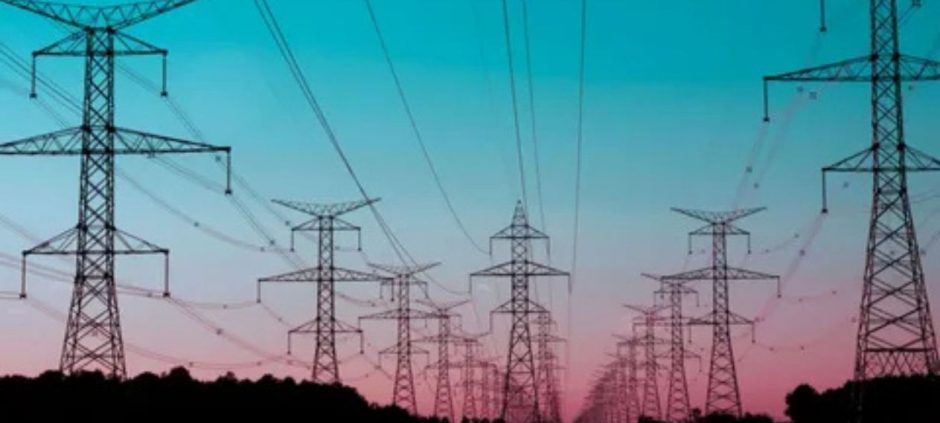K-Electric has once again made headlines after cutting power to Karachi’s Lines Area over Rs 4 billion in unpaid dues, leaving thousands of residents without electricity. The move has sparked outrage across the city, as citizens question whether the collective punishment is fair.
The company explained that the Lines Area feeders were disconnected after repeated notices to consumers and local authorities went unanswered. Despite multiple recovery drives, the utility claimed no substantial payments were received, forcing them to take what they called a “last resort” action. K-Electric emphasized that the disconnection is part of broader efforts to ensure fairness for bill-paying customers and to reduce the financial burden caused by widespread defaults. Restoration of power will only occur once dues are cleared and recovery plans are in place.
K-Electric has also faced scrutiny from regulatory authorities. The National Electric Power Regulatory Authority (NEPRA) previously imposed a Rs 25 million fine on the company for its role in the 2023 Karachi blackout, citing operational lapses and management failures. This prior incident adds pressure on K-Electric to manage both finances and infrastructure responsibly.
Residents of the Lines Area are expressing frustration, arguing that entire neighborhoods should not suffer due to unpaid bills by some consumers or institutions. Many insist they pay regularly but are still affected by the blanket disconnections. Citizens are demanding that authorities take targeted action against defaulters rather than implementing area-wide cuts.
The ongoing tensions reflect the broader challenges of electricity distribution in Karachi. As financial and operational pressures mount, K-Electric insists that recovering long-pending dues is crucial for maintaining a stable power supply. The company’s decision underscores the delicate balance between enforcing payment accountability and ensuring uninterrupted electricity for the public.











